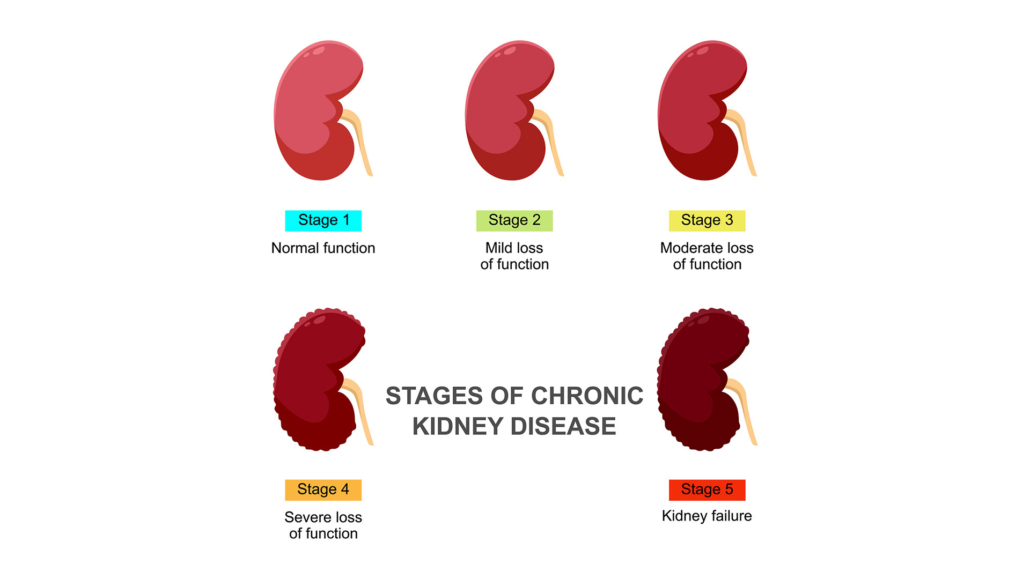Can a Nutritionist Help with Kidney Disease?
What do diabetes and kidney disease have in common? Diet – they are both improved with the identical nutrition plan.
How do you keep your kidneys healthy when you have diabetes?
If you manage your blood sugar you reduce the likelihood of even developing kidney disease. Elevated bloods sugars can damage the blood vessels in the kidneys so many people with diabetes may also develop kidney disease. By keeping your blood sugar levels in the target range, lowering your blood pressure, taking your medications, maintaining a healthy weight, and exercising regularly you can reduce the risk of developing kidney disease. Dietitians who specialize in the nutritional needs of people with chronic kidney disease are called renal dietitians. By working together, you will get the guidance you need to implement an appropriate nutrition plan.
Should I see a dietitian or a nutritionist for diabetes and/or renal disease?
The term registered dietitian is often confused with nutritionist. The key difference between a registered dietitian and nutritionist is that registered dietitians have licensing and accreditation to provide medical nutrition therapy. Only a dietitian receives the education and training in medical nutrition therapy that is needed to treat diabetes and kidney disease. (More details here.)
What Can a Dietitian do to prevent type-2 diabetes and kidney disease?
As a dietitian, I believe that medical nutrition education and individualization are fundamental. In addition, I provide meal planning, and lifestyle modification recommendations that include behavior changes and physical activity. Meal planning is personalized, with consideration for one’s customary lifestyle and food preferences. Sustainability is of utmost importance.
When should I start to see a Registered Dietitian Nutritionist?
If you have prediabetes, especially if you have a family history of diabetes, the sooner you start seeing a dietitian nutritionist the sooner you prevent progression to type 2 diabetes and developing kidney disease. The longer you have diabetes the more you increase the probability of developing kidney disease.
The same is true of renal disease. The sooner you start medial nutrition therapy, the greater the likelihood of remission or slowing progression. You can simultaneously obtain diabetes remission with nutrition therapy.
How often should I see a dietitian?
Since every patient is unique, medical nutrition therapy must be personalized. The goal is to delay or prevent disease – and to promote health with a holistic nutrition approach. Education, meal planning, and lifestyle improvement are the fundamentals, though every person progresses at a different rate. The need for appointments must be based upon the patients’ progress, increasing intervals as positive changes occur.
It has long been recognized that diet is the cornerstone of the treatment plan for diabetes and kidney disease. When you work with a Registered Dietitian Nutritionist you can delay the progression of the disease, reduce the risk of complications, and improve your quality of life.
Additional Resources
CDC, Managing Diabetes and Kidney Disease
NIH, Diabetes Overview
Sharecare, Understanding and Treating T2D with Chronic Kidney Disease
Use Nourish, Can a Dietitian Help with Kidney Disease



